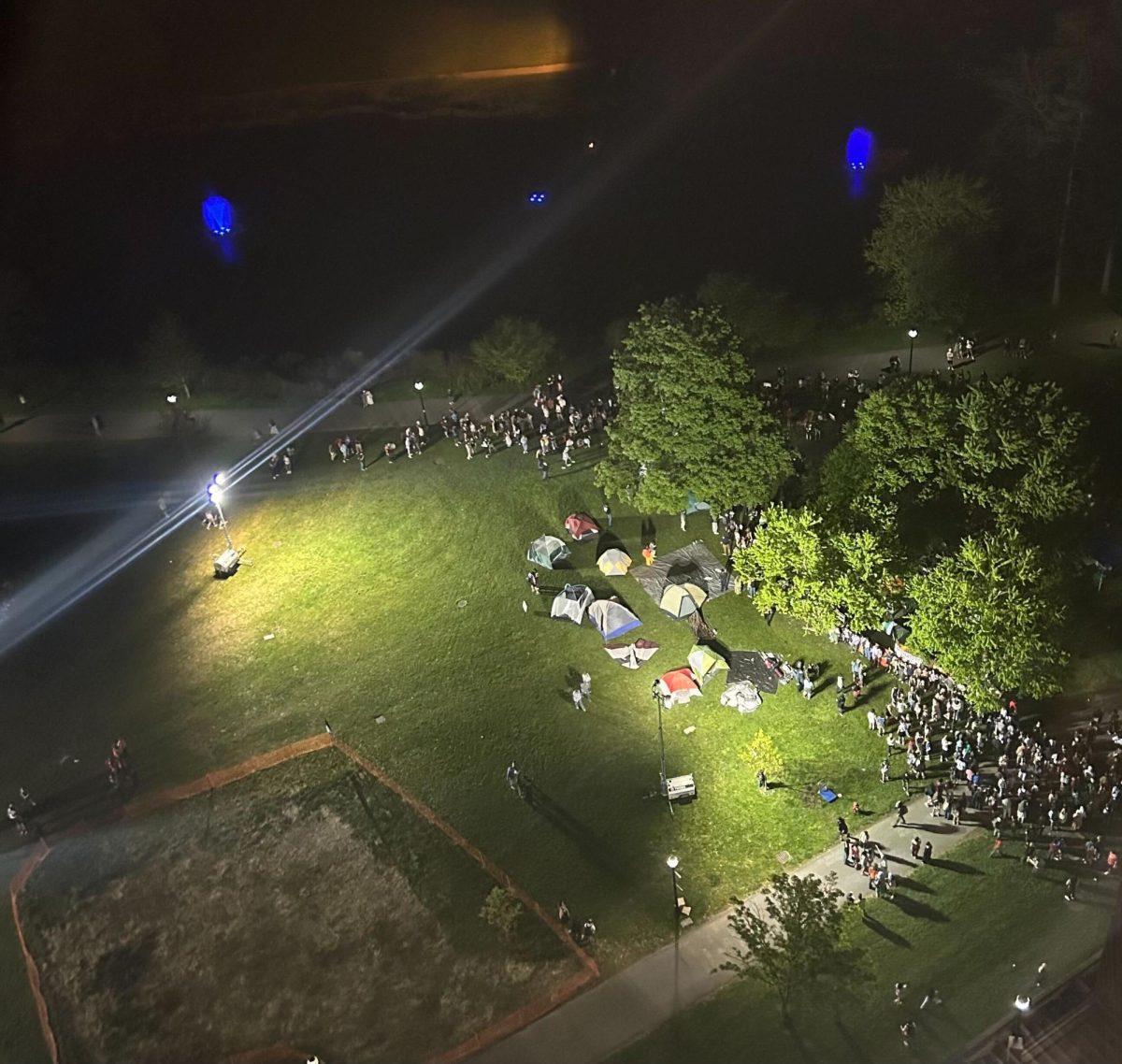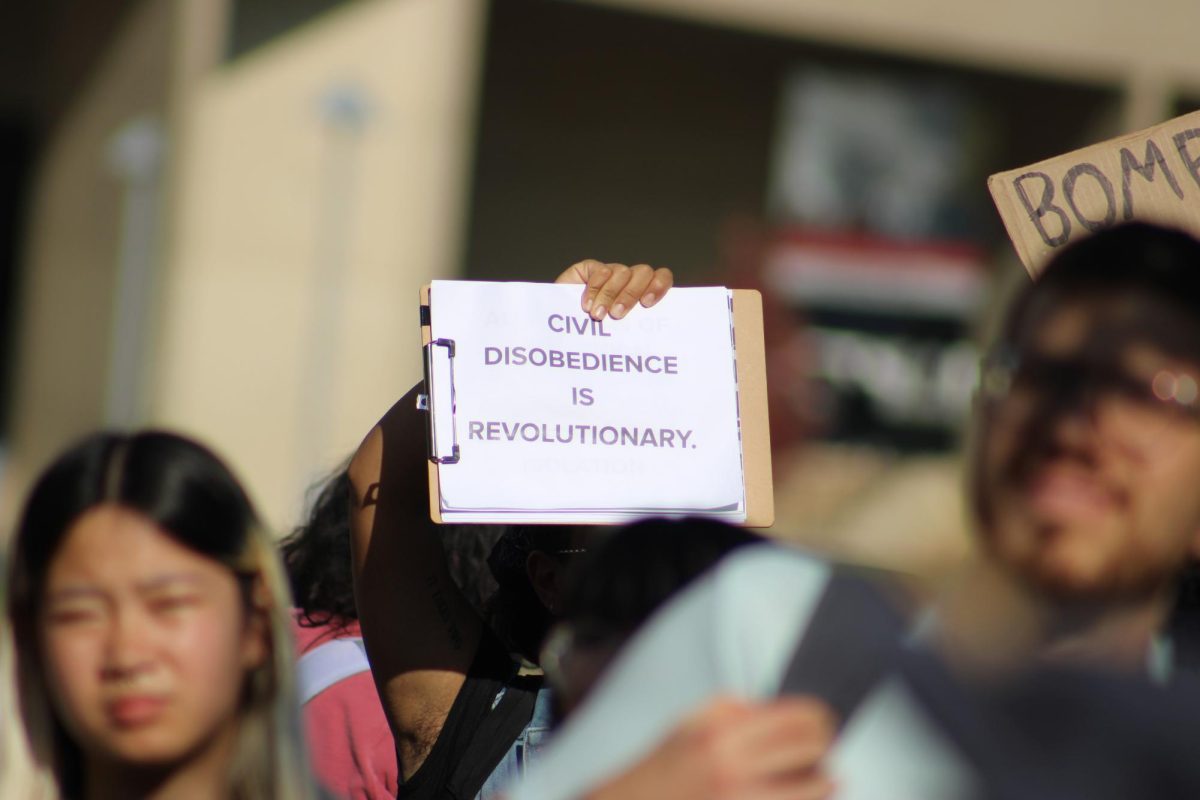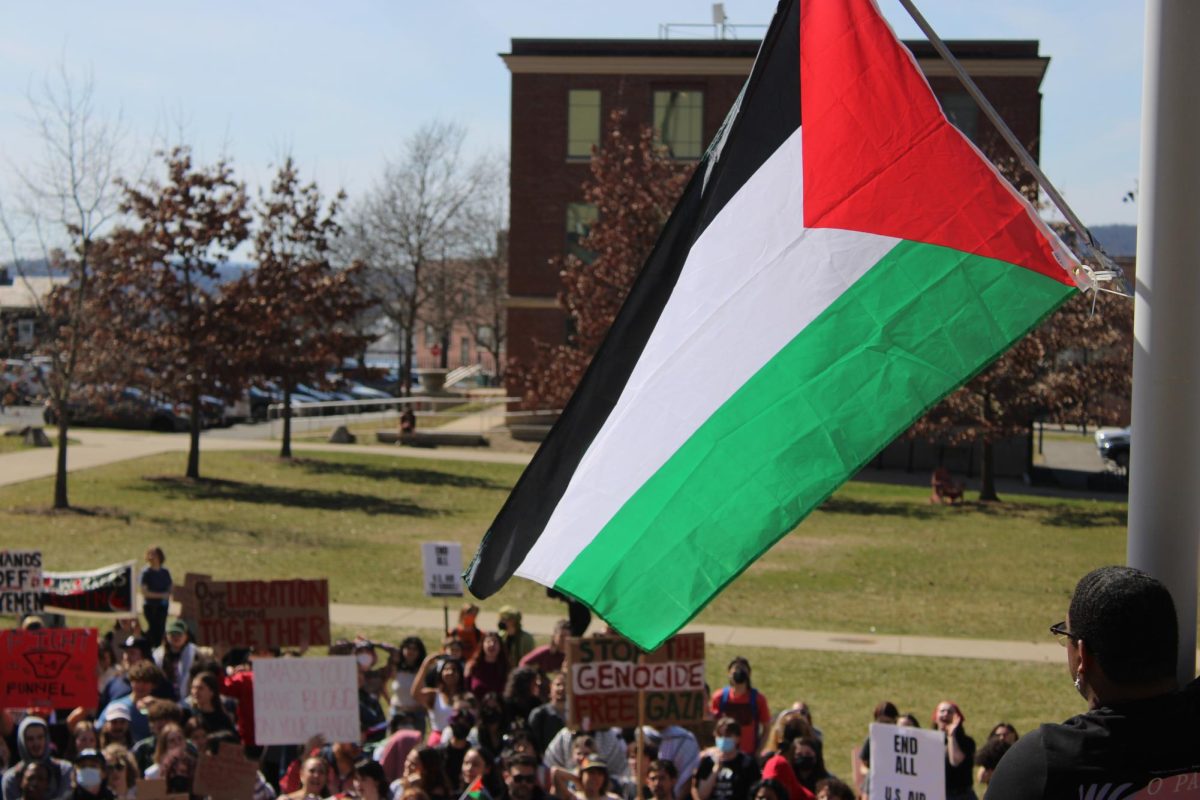JERUSALEM (AP) – Israel reacted with disappointment yesterday after U.S. Secretary of State Colin Powell confirmed he will meet with organizers of an informal Israeli-Palestinian peace treaty.
The comments by Zalman Shoval, an adviser to Prime Minister Ariel Sharon, was the latest expression of Israel’s stiff opposition to the meeting, seen as a U.S. gesture toward the “Geneva Accord” that Sharon has denounced.
On Tuesday, Israel’s vice premier said it would be “mistake” if Powell goes forward with the meeting.
Shoval, a former ambassador to Washington, conceded that Israel cannot prevent Powell from meeting with Geneva Accord’s Palestinian and Israeli authors, but said the effort would be counterproductive.
“I think the decision that Secretary Powell must make is … what the American interests are,” Shoval said in a phone interview from Italy.
“America wants to promote the ‘road map’ and those people in Geneva … want to go in a different path,” he added. “Therefore I think it won’t be very helpful.”
The Geneva Accord outlines concessions by Israel that Sharon’s government has opposed in the past – including removing most settlements from the West Bank and Gaza Strip and dividing sovereignty in Jerusalem, claimed by both sides as their capital. The accord also severely limits any return of Palestinian refugees to lands in Israel, which has brought condemnations from some Palestinian leaders.
The “road map” is a formal U.S.-backed peace plan that Israel and the Palestinians have accepted in principle as a basis for negotiations. The road map, which envisions an independent Palestinian state by 2005, leaves open to negotiation the specific issues addressed in the Geneva pact.
The White House yesterday said Powell was free to meet with the Geneva authors but underlined its commitment to the road map.
“The path forward toward peace in the Middle East is the road map,” spokesman Scott McClellan said, adding that “The secretary of state will make determinations about who he meets with.”
U.S. gestures toward the Geneva plan have been seen as an implicit criticism of Sharon’s hard-line stance toward the Palestinians. Powell on Tuesday confirmed he would meet with the Geneva accord’s authors on Friday.
“I don’t know why I or anyone else in the U.S. government should deny ourselves the opportunity to hear from others and who have ideas with respect to peace,” Powell said at a news conference during a visit to Tunisia.
He added that the meeting “in no way undercuts our strong support” for Israel and the road map.
“It is as though the French foreign minister were to meet (American) Indian chiefs who claimed to have been dispossessed of their land, and who were now getting organized with money provided by the Cuban ruler Fidel Castro,” read an editorial in Hatzofeh, a newspaper affiliated with the National Religious Party.
On Tuesday, Israeli Vice Premier Ehud Olmert said Powell would be “making a mistake” to meet the organizers, led by former Israeli Cabinet minister Yossi Beilin and Palestinian minister Yasser Abed Rabbo.
“I think he is not being useful to the process,” Olmert told Israel Radio. “I am certain of his friendship (to Israel), but I would cast doubt on his judgment in this matter.”
The Geneva Accord was launched at a gala ceremony in the Swiss city on Monday. It was the result of more than two years of talks between former Israeli and Palestinian negotiators, working in private capacities.
Sharon described the agreement as subversive. Palestinian leader Yasser Arafat praised the deal, but has stopped short of explicitly endorsing it.
Militant Palestinian groups denounced the accord and called the Palestinian negotiators “traitors,” objecting to concessions over the so-called “return of return” of Palestinians who fled or were driven out during the 1948-49 war that followed Israel’s creation, and of their descendants.
Palestinian negotiators returning to Gaza from the Geneva ceremony were confronted by about 200 protesters yesterday.
The crowd, which included several armed men, chanted slogans and threw stones at the car of Palestinian legislator Hassan Asfour. Asfour, who did not attend the Geneva meeting but supports the accord, was not injured.
The agreement proposes borders between Israel and a future Palestinian state close to Israel’s borders before the 1967 Mideast war, giving the Palestinians almost all of the West Bank and Gaza Strip and part of Jerusalem.
The deal enjoys significant support among the Israeli public and has put pressure on Sharon to end three years of violence.
“One thing is inescapable: The peace agreement that will eventually be signed … will be similar to this document from Geneva,” commentator Avraham Tirosh wrote in yesterday’s Maariv daily.






